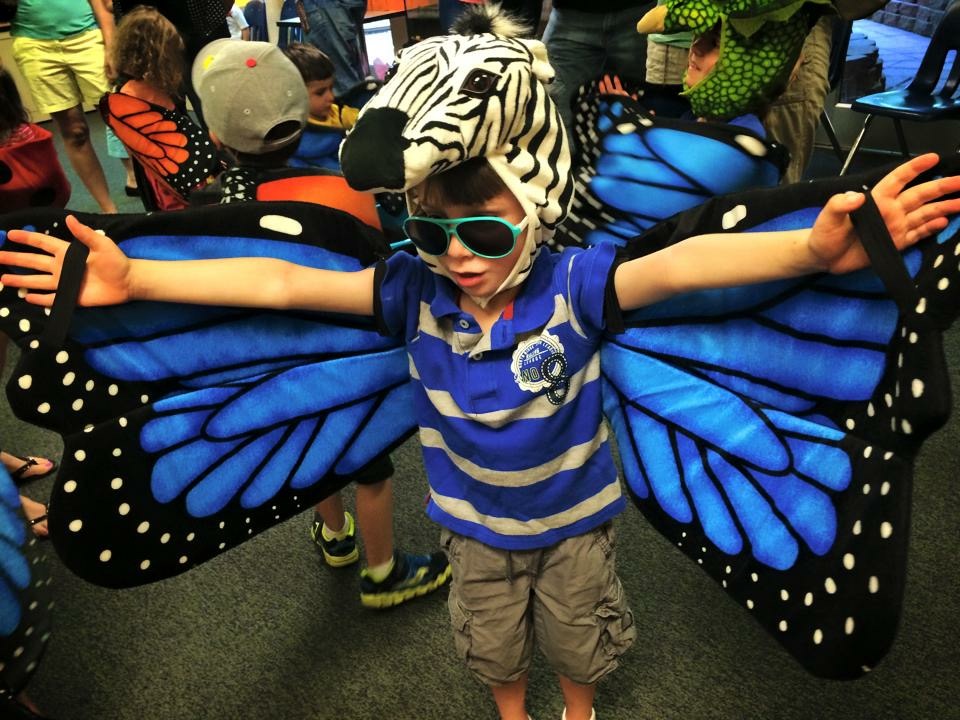New studies are looking at how the emotions are affecting student learning. Studies have centered on negative emotions. Today, we are learning how positive emotions contribute to academics.

Educators understand that a person’s feelings drive learning and memory. It is not known how it can be regulated in the classroom. Students need all their feelings in tact. They need to think, problem solve, and focus attention on learning. Balancing emotions is necessary for retrieval of information. It is significant in the transfer of knowledge. It also attributes to attaching new learning to prior knowledge. Educators can’t let a student’s fear, anger, anxiety, frustration, or sadness take over logical thinking. These are the basic feelings that affect learning. Schools must have interventions in place to conquer these when recognized within the classroom.

In Freud’s book The Psychopathology of Everyday Life, he discusses how forgetting may not be a simple mistake. Forgetting may be brought on by an emotional conflict. In the brain, cognition and emotions are always interconnected. A person’s reaction is made from an unconscious mental compromise between our judgments and our emotions.
Building an Understanding
How do we build and reinforce positive emotions?
• Break new challenges into smaller, more manageable components.
• Build on a student’s/child’s curiosity and encourage risk taking.
• Feed the intellect and talent within each person.
• Make connections of new concepts with real life experiences.
• Keep and show journals or pictures of various stages growth.
• Support weaknesses and maintain a sense of humor along the way.
Skills of Control of Emotions
In teaching children emotional intelligence, students will acquire several skills.
• They will have conflict resolution skills.
• They will become effective communicators with peers and adults.
• They will have the ability to empathize.
• They will show restraint over sudden impulses.
 Understanding your student’s feelings can be vital to enhancing cognitive skills. Schools that adopt programs for learning about emotions are building cognitive skills. In turn, they strengthen academics. John Mayer, at the University of New Hampshire and Peter Salovey, at Yale state that students need to learn to manage their feelings. In doing this they may reach their potential for success.
Understanding your student’s feelings can be vital to enhancing cognitive skills. Schools that adopt programs for learning about emotions are building cognitive skills. In turn, they strengthen academics. John Mayer, at the University of New Hampshire and Peter Salovey, at Yale state that students need to learn to manage their feelings. In doing this they may reach their potential for success.
![]()



